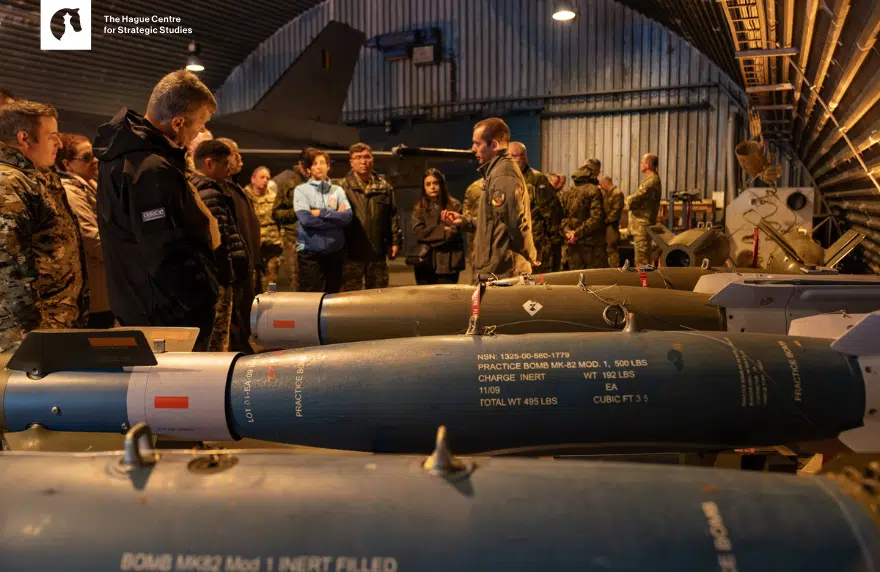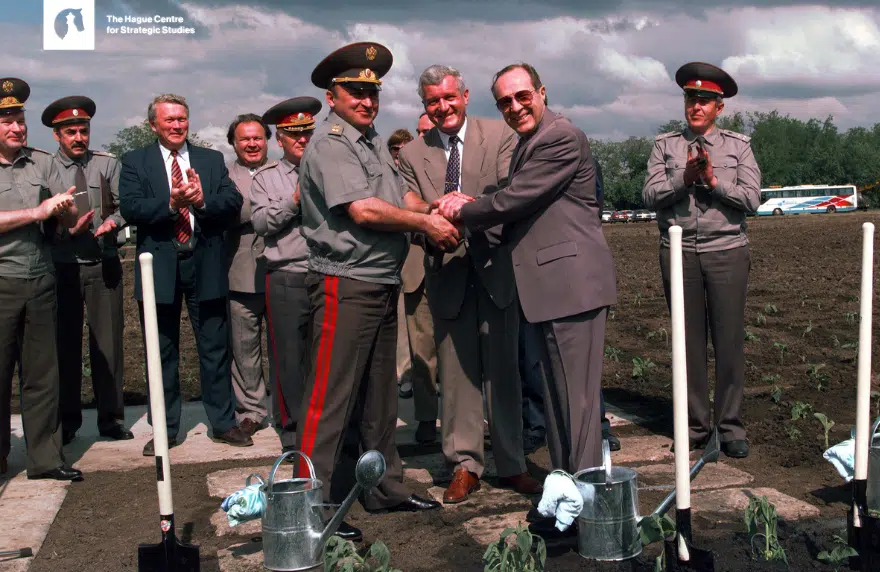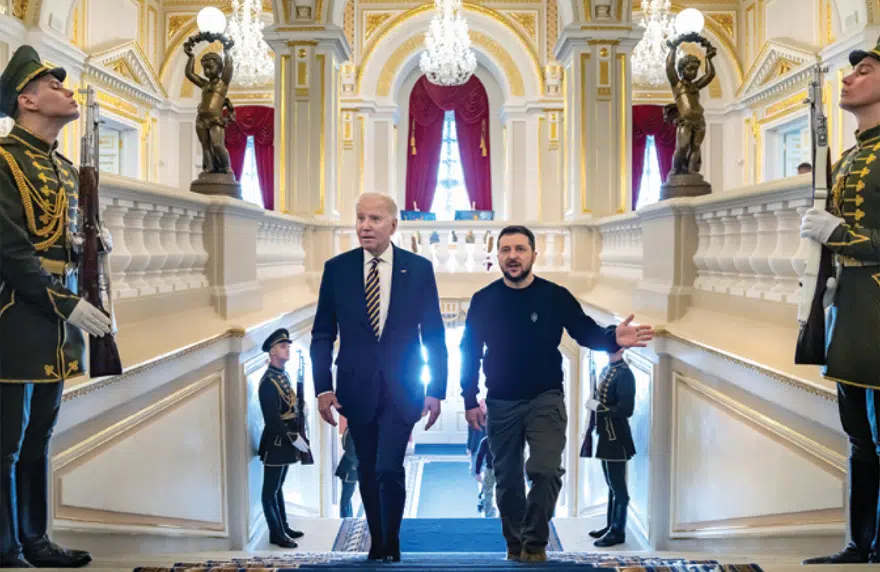Research
Both nuclear and conventional arms control guardrails are eroding, and the risk of great power confrontation is growing. Subsequently, middle and small power cooperation on arms control can be beneficial to retain past experiences and expertise concerning the negotiation, implementation, and verification of formal arms control treaties.
In this HCSS guest paper, author Wannes Verstraete focuses on the establishment, the current role, and future opportunities for the Benelux Arms Control Agency (BACA) as a successful example of trilateral conventional arms control cooperation between Belgium, the Netherlands, and Luxembourg.
Key takeaways
- The global and regional arms control architecture is in dire straits. Russia’s irresponsible rhetoric and actions harmed or destroyed multiple arms control agreements. The People’s Republic of China’s refuses to engage in a substantive arms control dialogue with the United States while at the same time being opaque about its nuclear expansion. The return of Donald Trump as President of the United States also leads to increased uncertainty about future US arms control initiatives.
- In this rapidly changing geopolitical context, middle and small powers have fewer options available regarding arms control. Types of arms control cooperation can be divided into unilateral, bilateral, minilateral, and multilateral forms of cooperation on the one hand, and diplomatic and military or operational cooperation on the other. Subsequently, the paper argues that minilateral cooperation can offer possibilities at a time when other forms of cooperation are becoming more difficult.
- As a successful example of trilateral cooperation in conventional arms control, the establishment, the current role, and future opportunities for the Benelux Arms Control Agency (BACA) between Belgium, the Netherlands, and Luxembourg are discussed.
- Verstraete suggests that Belgium, the Netherlands, and Luxembourg should bolster BACA by (1) providing increased support for efforts to maintain the (diplomatic and technical) knowledge and expertise; (2) future-proofing the cooperation by exploring the possibilities of emerging and disruptive technologies and expanding the human and material resources; and (3) broadening the thematic scope of the cooperation to weapons of mass destruction.
Cover photo: Benelux Arms Control Agency (BACA), Belgian Ministry of Defence
About the author:
Wannes Verstraete is a PhD Candidate at the European Security in the Indo-Pacific Age (ESIPA) research group of the Vrije Universiteit Brussel. He is also an Associate Fellow at the Egmont Royal Institute for International Relations and a Junior Associate Fellow at the NATO Defense College (NDC).
The author is grateful to Dr. Tim Sweijs and Davis Ellison for the opportunity to conduct a research stay at The Hague Centre for Strategic Studies in February 2025. He also thanks Dr. Alexander Mattelaer (Vrije Universiteit Brussel & Egmont Institute) and Lieutenant Colonel David Lesch (Benelux Arms Control Agency) for the feedback on earlier versions of the paper. The author acknowledges the funding he received from the Research Foundation – Flanders (FWO) for the short study visit (funding file number: K200825N). The views expressed in this paper are those of the author alone, and any errors are the sole responsibility of the author.






